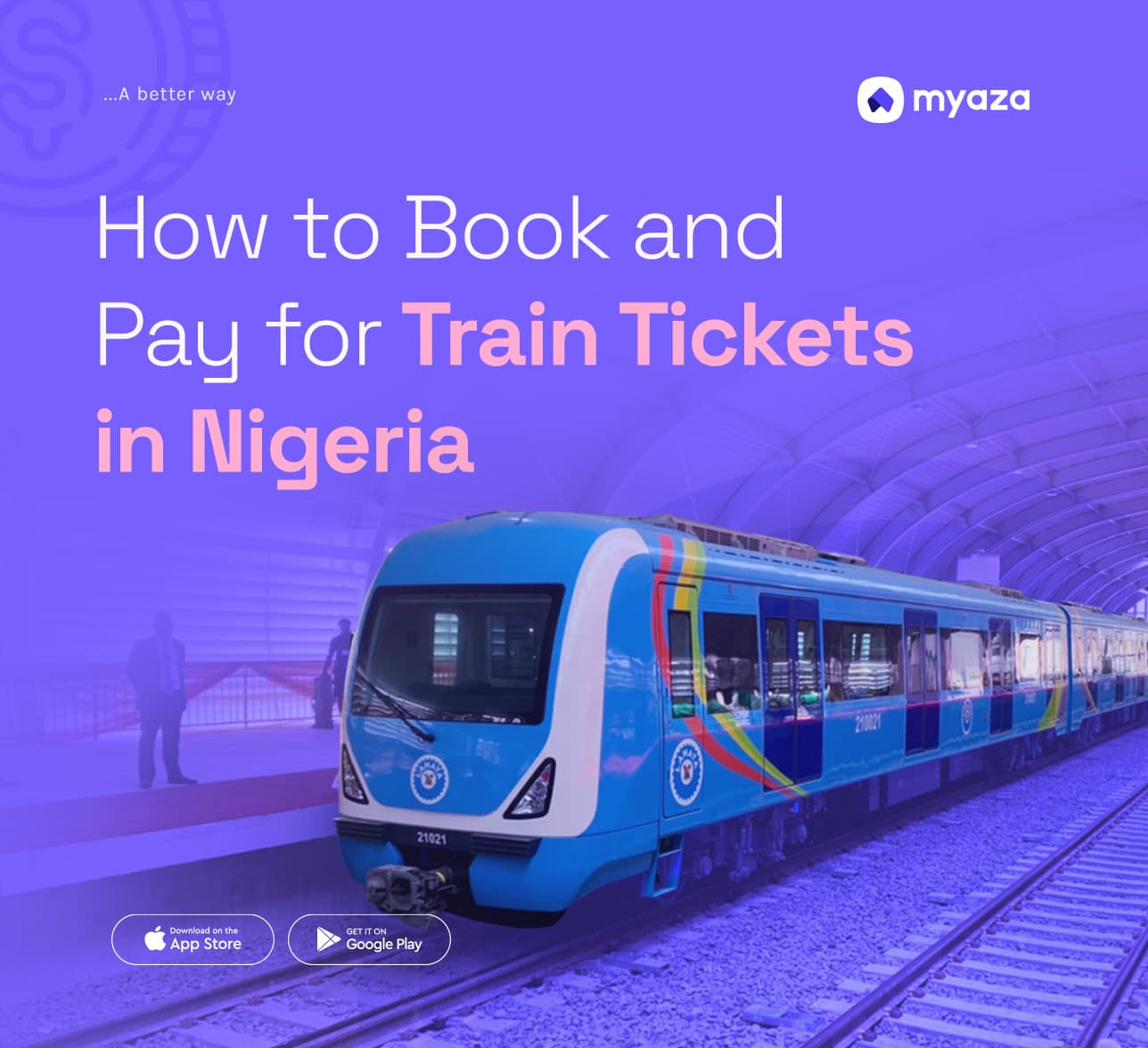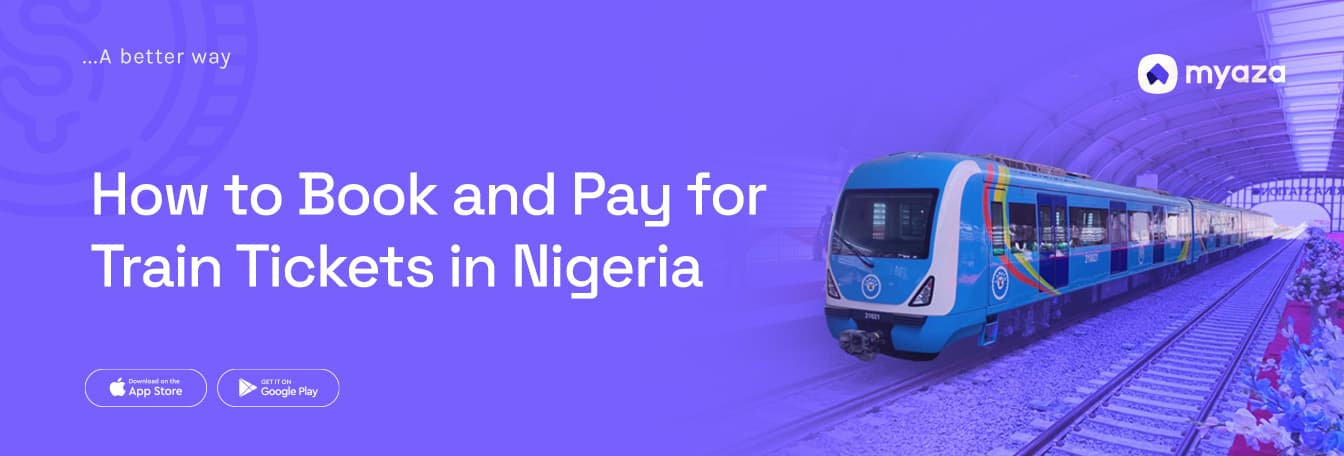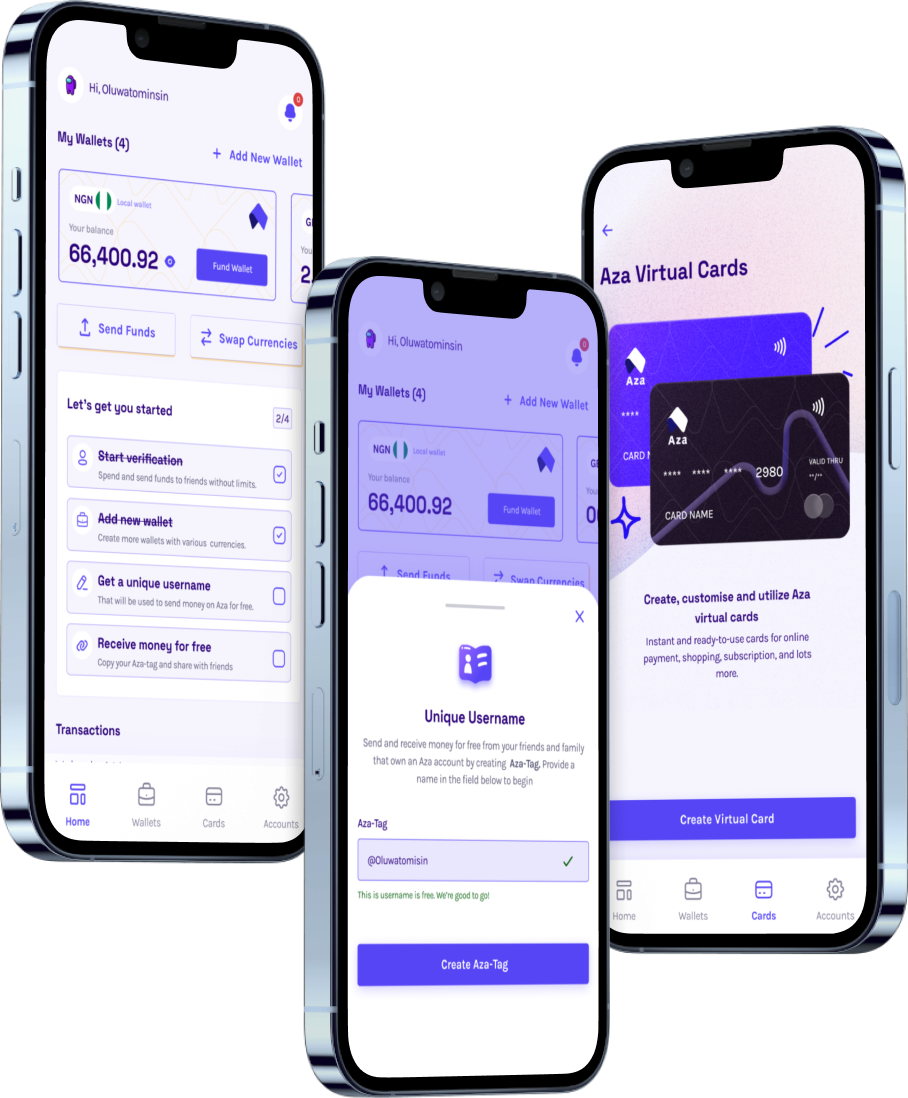How to Book and Pay for Train Tickets in Nigeria

Railway travel in Nigeria is fast becoming a go-to option for intercity journeys, especially on routes like Lagos to Ibadan and Abuja to Kaduna. With concerns about road safety, rising fuel costs, long road hours, and limited flight availability, trains offer a safer, faster, and more affordable alternative. But while the experience of traveling by train can be convenient and comfortable, the process of booking and paying for tickets isn’t always clear to first-timers.
This guide breaks everything down — from available routes and pricing to where and how to get your ticket, what payment options to consider, and what to expect on travel day. Whether you’re commuting for work, visiting family, or just exploring a new city, this is everything you need to know about train travel in Nigeria.
Major Train Routes in Nigeria
While more railway lines are in development, these are the most active and reliable routes currently running:
1. Lagos to Ibadan
Departure Station: Mobolaji Johnson Station, Alagomeji-Yaba (Lagos)
Arrival Station: Obafemi Awolowo Station, Moniya (Ibadan)
Stops: Ebute Metta, Agege, Abeokuta, Omi Adio
This is a 2–2.5 hour journey that is mostly smooth and scenic, making it a great alternative to road travel.
2. Abuja to Kaduna
Departure Station: Idu Station (Abuja)
Arrival Station: Rigasa Station (Kaduna)
Stops: Kubwa, Jere, Rijana
This route is particularly important for safety-conscious travelers, offering an alternative to the Abuja-Kaduna expressway, which has had security concerns in the past.
Other routes like Warri–Itakpe and the upcoming Kano–Maradi line are in various stages of development or limited service but are expected to expand accessibility in the future.
Ticket Classes and Prices
Train tickets in Nigeria are priced according to the class you choose. Here’s a breakdown of the most common options:
Lagos to Ibadan:
Economy Class: ₦3,600
Business Class: ₦6,000
First Class: ₦9,000
Abuja to Kaduna:
Economy Class: ₦3,000–₦3,600
Business Class: ₦5,000–₦6,000
Some classes include perks like more legroom, quieter cabins, or access to power outlets for charging your devices. Children under 12 years and NYSC members often qualify for discounts, though you’ll need to present valid ID to claim them.
Where and How to Book Your Train Ticket
You have two main options for getting your ticket: offline (at the station) or online.
1. Booking at the Station
You can go to the train station and buy a ticket at the counter. This is straightforward but comes with a few challenges:
You’ll need to get there early – queues form quickly, especially on weekends or public holidays.
Payment can be inconsistent – some stations accept cards, others are cash-only.
There’s a risk of tickets being sold out, especially for popular times or classes.
2. Booking Online
The Nigerian Railway Corporation now supports online booking via its official platform.
Steps to Book:
Go to https://nrc.tps.ng
Sign up or log in
Select your departure and arrival stations
Choose your travel date and class
Enter passenger details
Pay with your card (Naira or virtual USD card)
Receive a confirmation email or SMS with your e-ticket
Advantages of Online Booking:
Guarantees your seat ahead of time
No need to queue at the station
Ideal for planning group or business travel
Common issue: Some Nigerian bank cards fail during payment due to limits or poor connectivity. That’s why many travelers are now opting for virtual dollar cards like the ones from Myaza, which are more reliable for online transactions.
Paying for Train Tickets: What Works Best
Payment methods vary based on how you book:
If You Book at the Station:
Cash is widely accepted
POS payments may be available but aren’t guaranteed
If You Book Online:
Nigerian debit cards are accepted, but prone to issues
Virtual USD cards (like Myaza) often work faster and more reliably
Why use a Myaza card?
You can fund with USDT, USDC, or naira
Instant funding and easy swap options
Works seamlessly with Nigerian Railway Corporation’s booking portal
If you’ve ever had a payment fail at the last step, you already know how frustrating it is — especially when there’s limited seat availability. A virtual card helps avoid that.
What to Expect on the Day of Your Trip
Trains in Nigeria generally leave on time, so punctuality is important.
Here’s how to prepare:
Arrive early: Be at the station at least 30–45 minutes before departure
Bring your ID: Some routes require ID verification
Have your e-ticket ready: Print it or have it on your phone
Limit your luggage: Large suitcases may be charged extra or refused
Wear comfortable clothing: You’ll be sitting for a few hours
Bring snacks or water: Some routes don’t offer onboard refreshments
Trains are typically clean, air-conditioned, and well-guarded. Staff on board are professional, and the cabins are arranged to give every class a decent level of comfort.
Is Train Travel in Nigeria Safe?
Yes. In fact, trains are generally considered safer than long-distance road travel.
The NRC has implemented security protocols including:
Armed guards on board
Surveillance cameras
Security checks before boarding
Still, it’s wise to keep personal belongings close and avoid flashing valuables during the trip.
Finally…
Train travel in Nigeria offers a refreshing alternative for both short and long-distance journeys. It's structured, safer, more comfortable than bus travel, and increasingly affordable. Booking your ticket online and using a reliable payment method like Myaza's virtual card makes the process even smoother.
You don’t have to worry about long road trips, unpredictable traffic, or booking flights that get canceled last-minute. Instead, you get a reliable, air-conditioned, security-backed ride that gets you to your destination smoothly. And best of all, with online booking and the right card, you can get everything sorted from your phone.
If you’ve been considering taking the train but weren’t sure how it works, now’s the time to try it out. Whether you’re traveling for business, visiting family, or taking a day trip, you’ll appreciate the convenience, comfort, and reliability of rail travel.
Book Your Next Trip
Start by planning your next trip at https://nrc.tps.ng, and use a reliable payment method like Myaza virtual card to make your booking simple and secure.
Train travel in Nigeria doesn’t have to be stressful — with the right tools and the right guide, you can enjoy a journey that’s not just efficient, but also safe and surprisingly comfortable.


